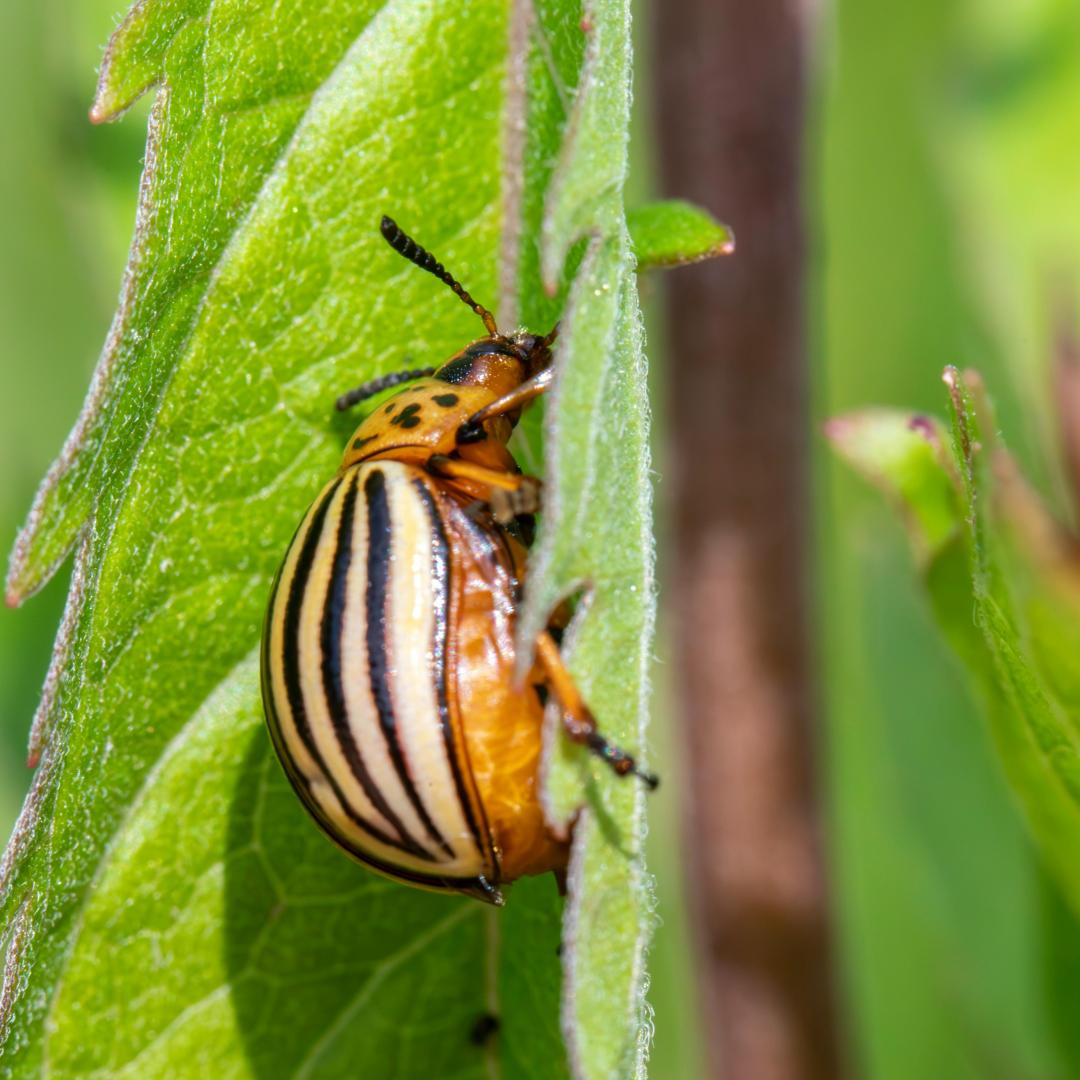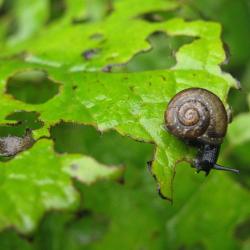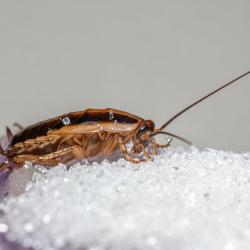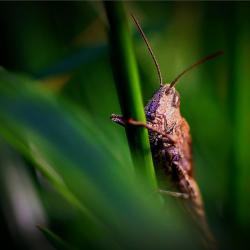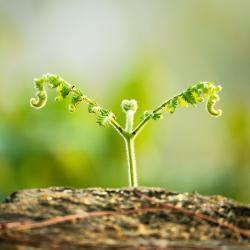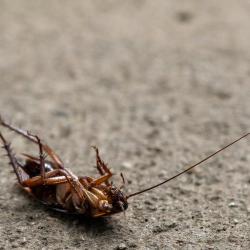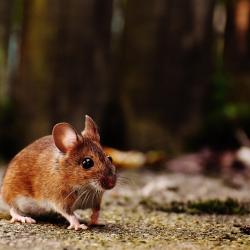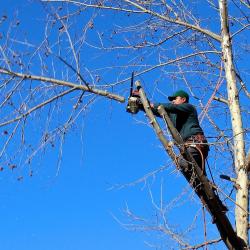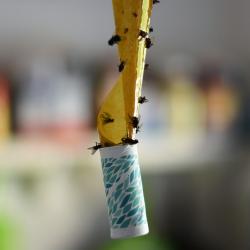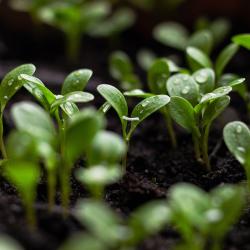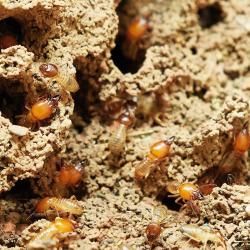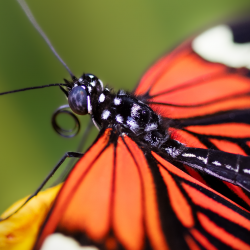The Role of Pest Control in Maintaining a Healthy Garden
Gardening is a beloved pastime for many, offering not only a space for relaxation but also a chance to cultivate beauty and sustenance. Yet, the journey to maintaining a flourishing garden is not without its challenges. Among these, pests pose a persistent threat that can jeopardize the health of plants and disrupt the ecological balance of any garden. Pest control, therefore, plays a crucial role in nurturing a thriving garden environment. This article explores the importance of effective pest management strategies in maintaining a healthy garden.
Understanding Garden Pests
Garden pests come in various shapes and sizes, ranging from insects like aphids, caterpillars, and beetles to larger animals like deer and rabbits. These pests can cause significant damage by feeding on plants, spreading diseases, and outcompeting beneficial organisms. Understanding the types of pests that are likely to invade your garden is the first step in implementing effective pest control measures.
The Benefits of Pest Control in Gardening
-
Protecting Plant Health: One of the primary reasons for pest control is to protect the health of plants. Pests can cause direct damage by feeding on plant tissues, leading to reduced growth, vigor, and even plant death. Additionally, some pests act as vectors for plant diseases, which can spread rapidly and devastate an entire garden.
-
Preserving Biodiversity: A healthy garden is one that supports a diverse ecosystem. Pest control helps maintain this balance by preventing certain species from dominating. By controlling pest populations, gardeners can encourage the presence of beneficial insects like pollinators and predators that help keep harmful pest numbers in check.
-
Enhancing Yield and Quality: For those growing edible plants, pest control is essential to ensure a bountiful harvest. Unchecked pest populations can ruin fruits and vegetables, affecting both the yield and quality of produce. Effective pest management helps ensure that garden crops are both abundant and healthy.
-
Reducing Chemical Dependency: Integrated Pest Management (IPM) strategies focus on using a combination of biological, cultural, mechanical, and chemical controls. By emphasizing non-chemical methods, gardeners can minimize the need for pesticides, reducing the risk of chemical residues and promoting a safer environment for humans, pets, and wildlife.
Effective Pest Control Strategies
-
Cultural Controls: These involve practices that reduce pest establishment, reproduction, and survival. Proper plant selection, crop rotation, and adequate spacing can all help deter pest invasions. Maintaining healthy soil through composting and mulching also promotes strong plant growth, making plants more resistant to pests.
-
Mechanical Controls: Physical barriers like nets, row covers, and fences can prevent pests from reaching plants. Handpicking and traps are also effective mechanical methods for controlling specific pest populations.
-
Biological Controls: Introducing or encouraging natural predators and beneficial insects to your garden can help control pest populations. Ladybugs, lacewings, and certain wasp species are effective natural pest controllers.
-
Chemical Controls: When other methods are insufficient, carefully selected pesticides can be used as a last resort. It's vital to choose products that are specific to the pest problem and that pose minimal risk to non-target organisms and the environment.
Sustainable Pest Management
Sustainability is key in modern gardening practices. The focus should be on creating a balanced ecosystem where plants, pests, and beneficial organisms coexist. Encouraging biodiversity, implementing companion planting, and fostering healthy soil ecosystems all contribute to sustainable pest management. Understanding plant lifecycles and pest habits allows gardeners to anticipate and mitigate pest problems before they become severe.
Conclusion
In conclusion, pest control is an indispensable part of maintaining a healthy garden. By safeguarding plants, promoting biodiversity, and enhancing the quality and yield of crops, effective pest management enables gardeners to cultivate spaces that are both beautiful and bountiful. Emphasizing an integrated approach that combines multiple strategies will not only protect the garden but also ensure it thrives for years to come. The role of pest control is not merely about eliminating unwanted guests but about fostering a harmonious garden ecosystem where all elements work together for the greater good.
